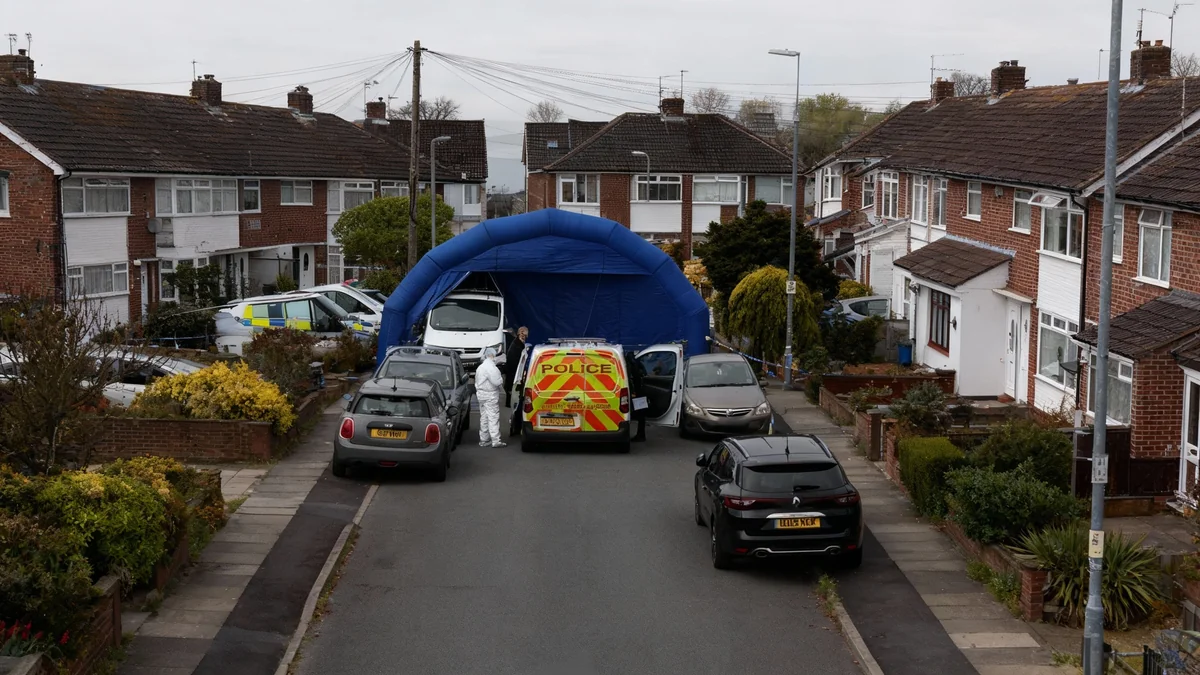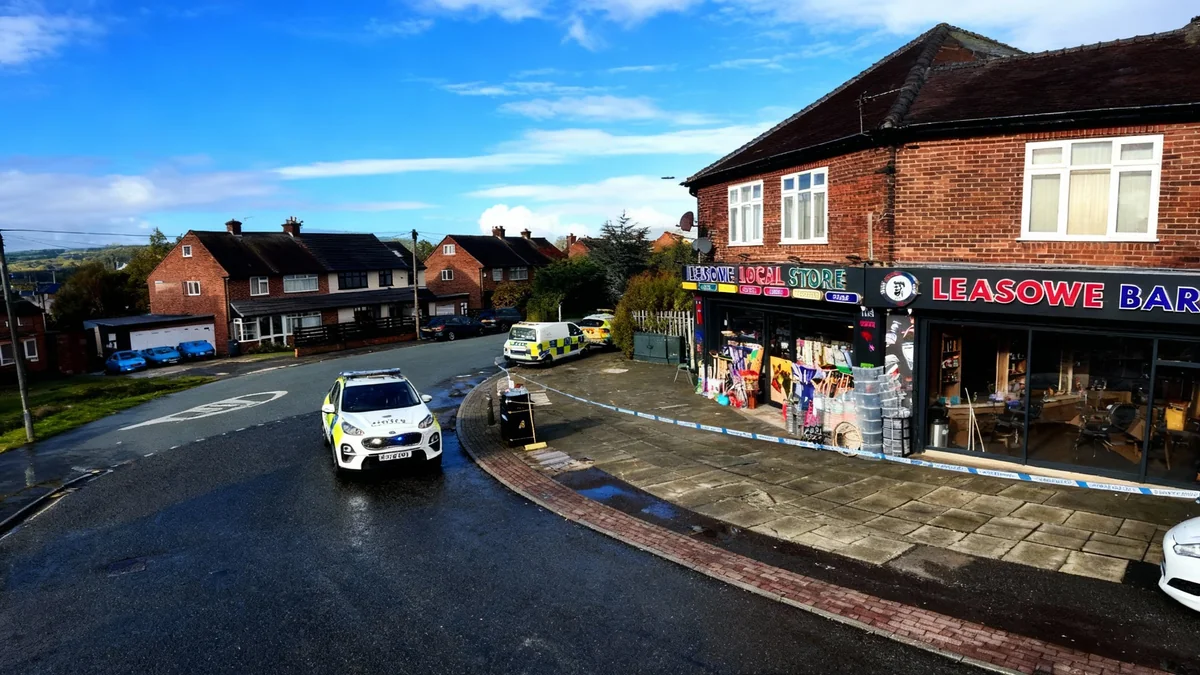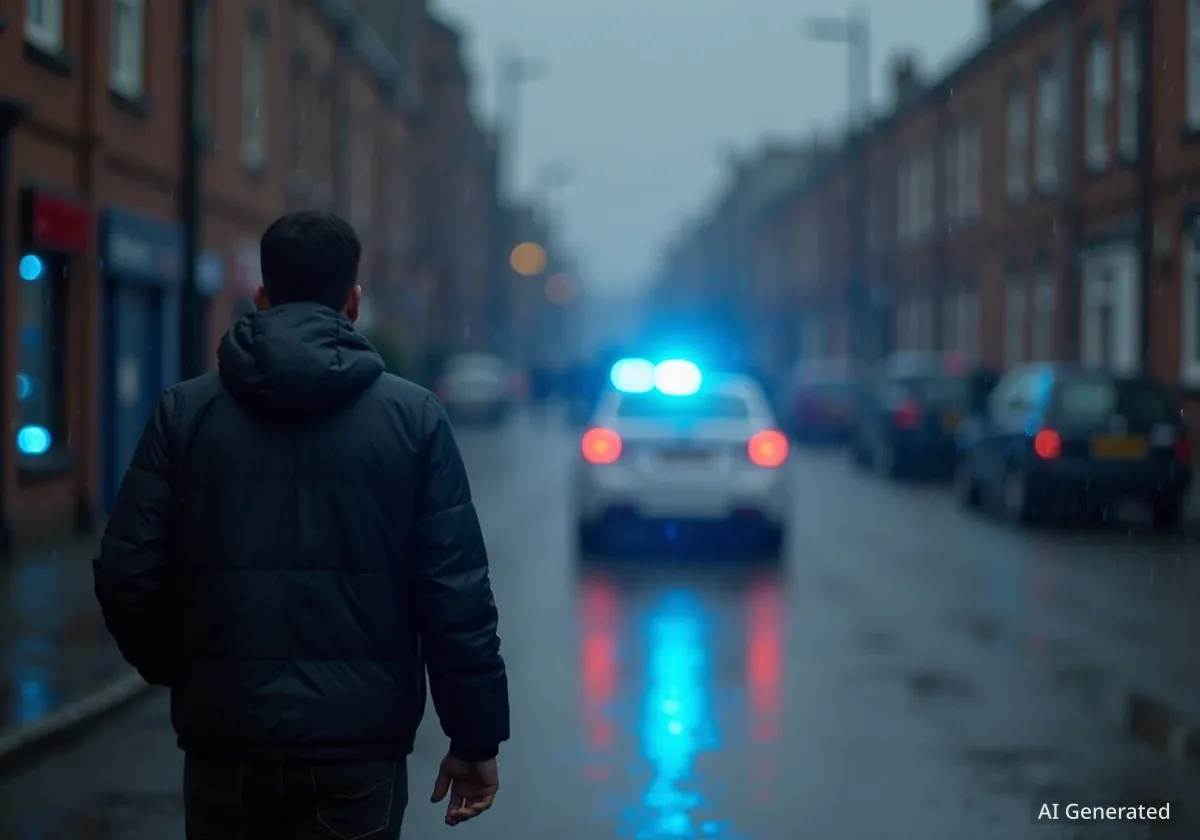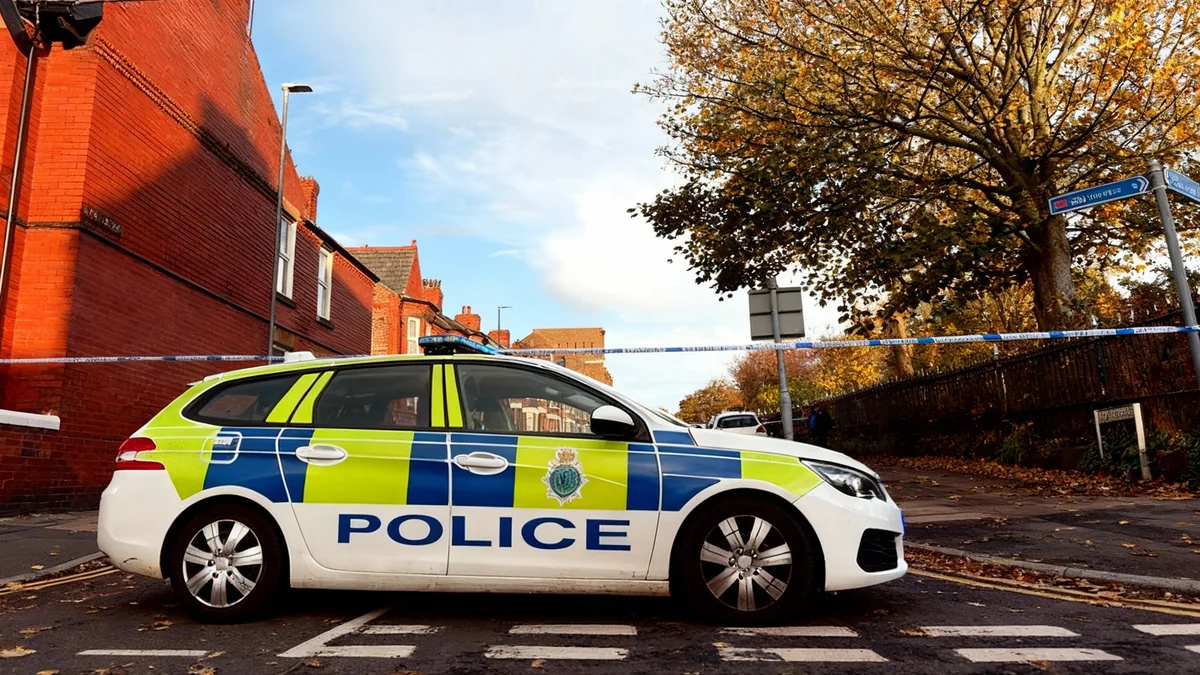A 27-year-old man from Prescot has been charged with multiple drug supply offences following a police raid linked to an investigation into the online sale of illegal substances. Ben Hampson was taken into custody after officers executed a warrant at a local address.
Merseyside Police confirmed that the operation was part of a targeted effort to disrupt drug dealing conducted through digital platforms. Hampson is now facing charges related to the supply of both Class A and Class B drugs and is scheduled to appear in court next month.
Key Takeaways
- Ben Hampson, 27, of Hayes Avenue, Prescot, has been charged with drug supply offences.
- The charges involve Class A (cocaine) and Class B (cannabis) controlled drugs.
- The arrest followed a police raid at a Prescot address where cannabis and drug paraphernalia were found.
- The operation was part of a wider Merseyside Police investigation into online drug sales.
- Hampson has been remanded in custody and is set to appear at Liverpool Crown Court on October 21.
Investigation into Online Drug Sales
Merseyside Police initiated an investigation after receiving intelligence about the sale of controlled drugs through online channels. This form of drug distribution has become an increasing focus for law enforcement agencies, as criminals use social media and encrypted apps to facilitate illegal transactions.
The investigation led officers to an address on Hayes Avenue in Prescot. Acting on this information, police obtained and executed a search warrant at the property to gather evidence and disrupt the suspected criminal activity.
The Raid and Seizure
During the search of the Hayes Avenue property, officers discovered and seized a quantity of cannabis. In addition to the illegal drugs, police also confiscated various items of drugs paraphernalia, which are often used in the preparation, sale, and consumption of controlled substances.
The evidence collected during the raid was crucial in securing the charges against the suspect. Such operations are designed to dismantle the infrastructure of local drug supply chains, from street-level dealing to more sophisticated online networks.
Understanding Drug Classifications
In the UK, illegal drugs are classified into three categories: Class A, Class B, and Class C. This system is based on the harm the drug is believed to cause.
- Class A: Includes drugs like cocaine, heroin, and ecstasy. These carry the most severe penalties for possession and supply.
- Class B: Includes substances such as cannabis, ketamine, and amphetamines. Penalties are less severe than for Class A but still significant.
- Class C: Includes anabolic steroids and some tranquillisers.
Formal Charges and Court Appearance
Following the raid and his subsequent arrest, Ben Hampson, aged 27, of Hayes Avenue, Prescot, was formally charged. The specific charge is "being concerned in the offer to supply class A and B controlled drugs."
This charge suggests the evidence points towards involvement in the logistics and arrangement of selling drugs, not just possession. The substances specified in the charge are cocaine (Class A) and cannabis (Class B).
Remanded in Custody
After being charged, Hampson was remanded into custody. This means he will be held in prison until his next court date, a decision typically made when a suspect is considered a flight risk or there are concerns about potential further offences.
He is scheduled to make his next appearance at Liverpool Crown Court on Tuesday, October 21. At this hearing, further proceedings in the case will be determined.
Penalties for Drug Supply
The maximum penalty for supplying a Class A drug like cocaine is life imprisonment, an unlimited fine, or both. For supplying a Class B drug such as cannabis, the maximum sentence is 14 years in prison, an unlimited fine, or both. Sentences are determined by the court based on the specifics of the case.
Police Appeal for Public Information
Merseyside Police continues to urge the public to report any information related to drug dealing in their communities. Officials emphasise that intelligence from residents is vital for identifying suspects and launching successful operations.
"Community intelligence is key to our efforts in tackling drug-related crime. We rely on the public to be our eyes and ears, and we will act on the information you provide to make our streets safer." - Merseyside Police Statement
How to Report Suspicious Activity
There are several ways for residents to share information with the police, including anonymously. These channels are available for reporting concerns about drug dealing or any other criminal activity.
For non-emergency reporting, members of the public can use the following methods:
- Contact Merseyside Police via their social media desk on X (formerly Twitter) at @MerPolCC.
- Send a message on the ‘Merseyside Police Contact Centre’ Facebook page.
- Use the online reporting form on the official Merseyside Police website.
- Call the non-emergency number, 101.
For those who wish to provide information anonymously, the independent charity Crimestoppers can be contacted. They guarantee that no personal details are taken and that information cannot be traced.
- Call Crimestoppers for free on 0800 555 111.
- Submit a report through their secure online form on the Crimestoppers website.
Merseyside Police reminds everyone that in an emergency, where there is an immediate threat to life or property, you should always call 999.





